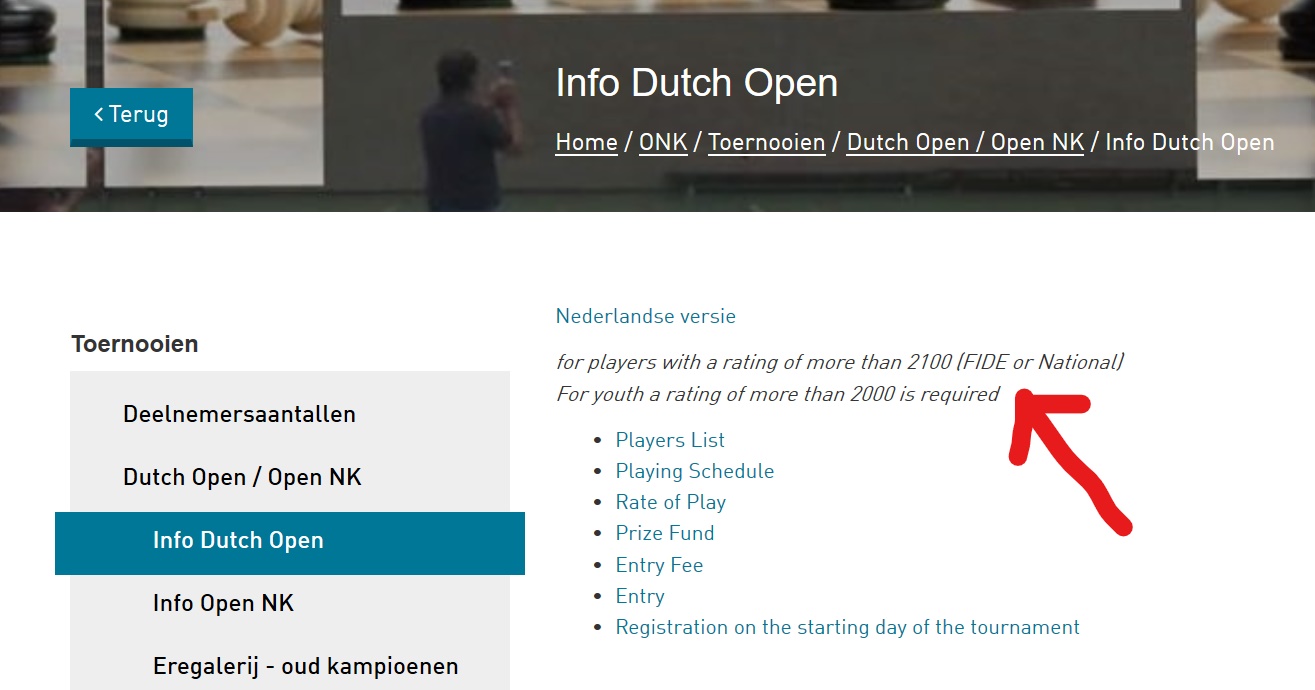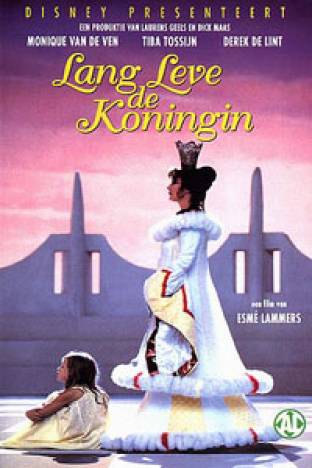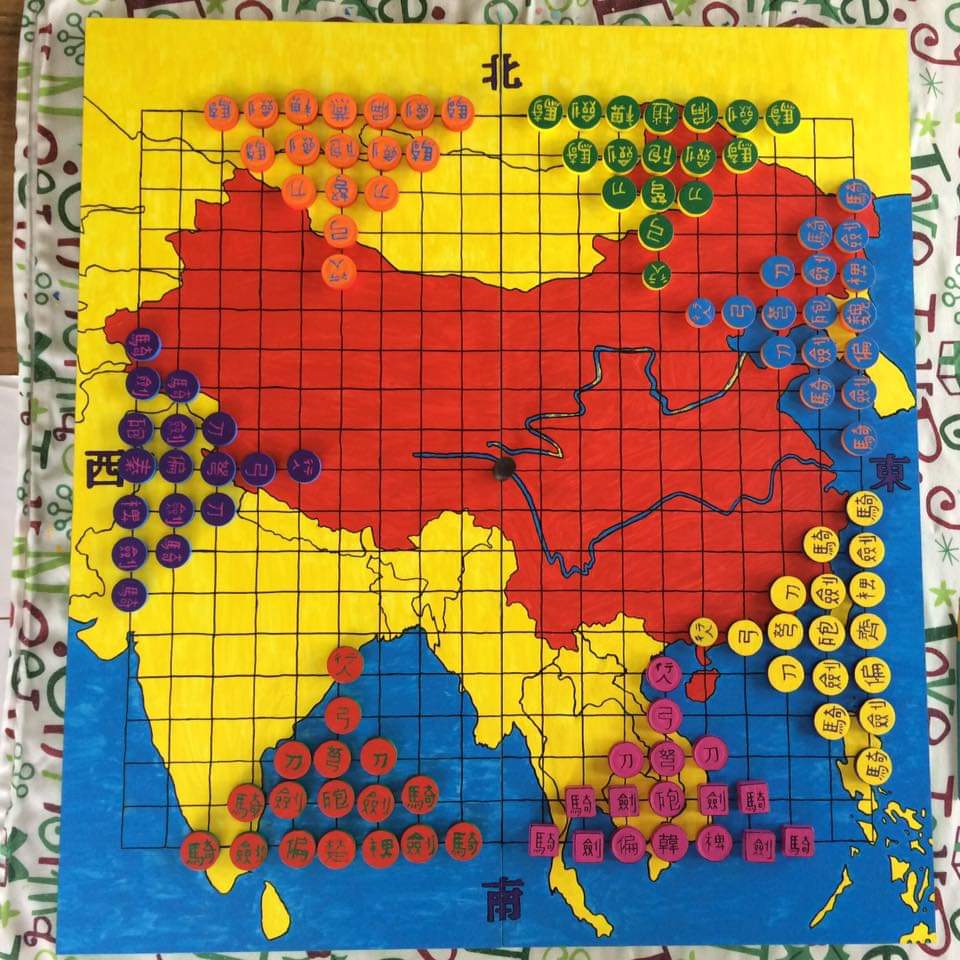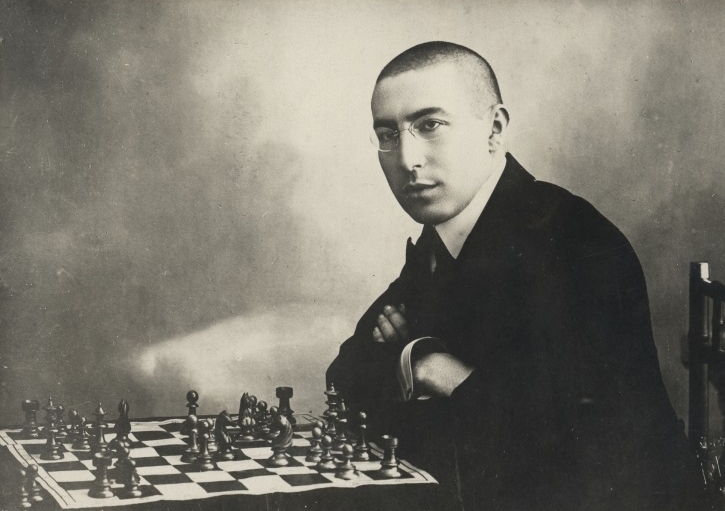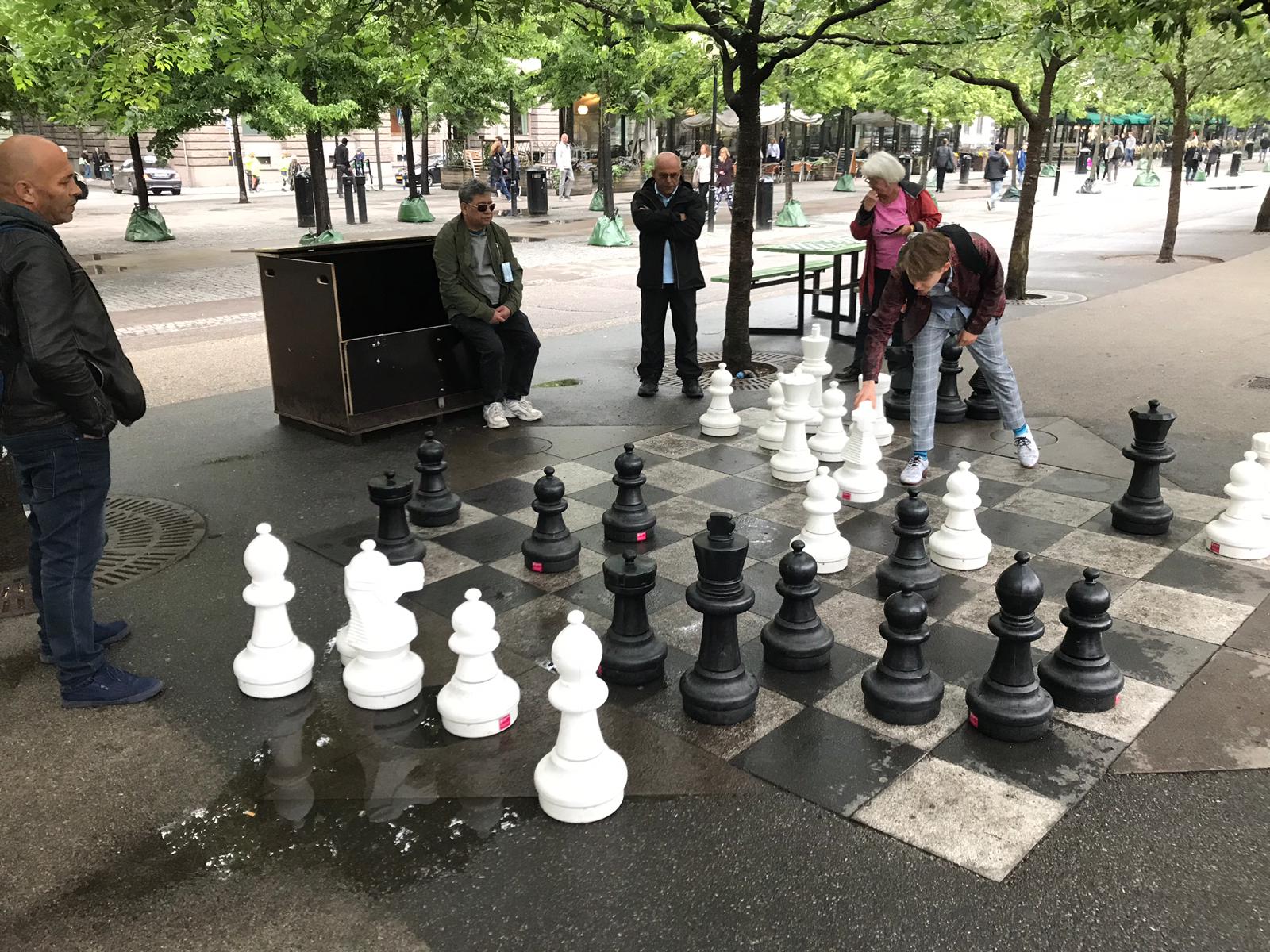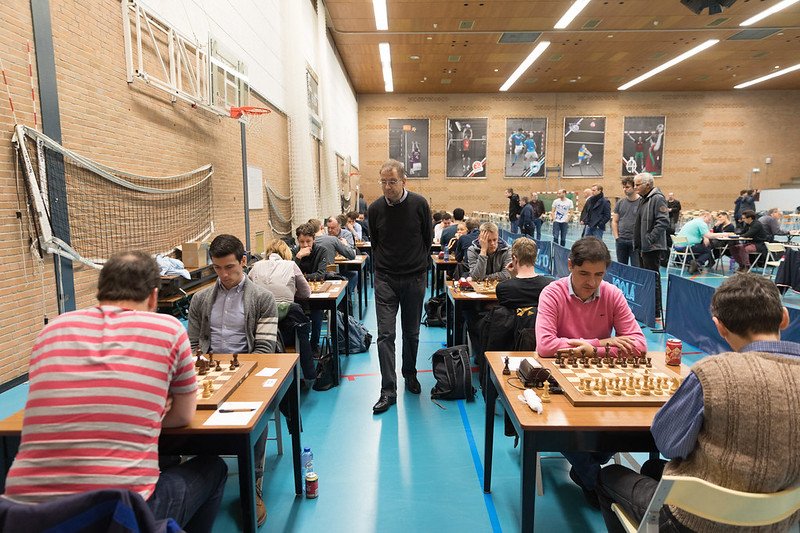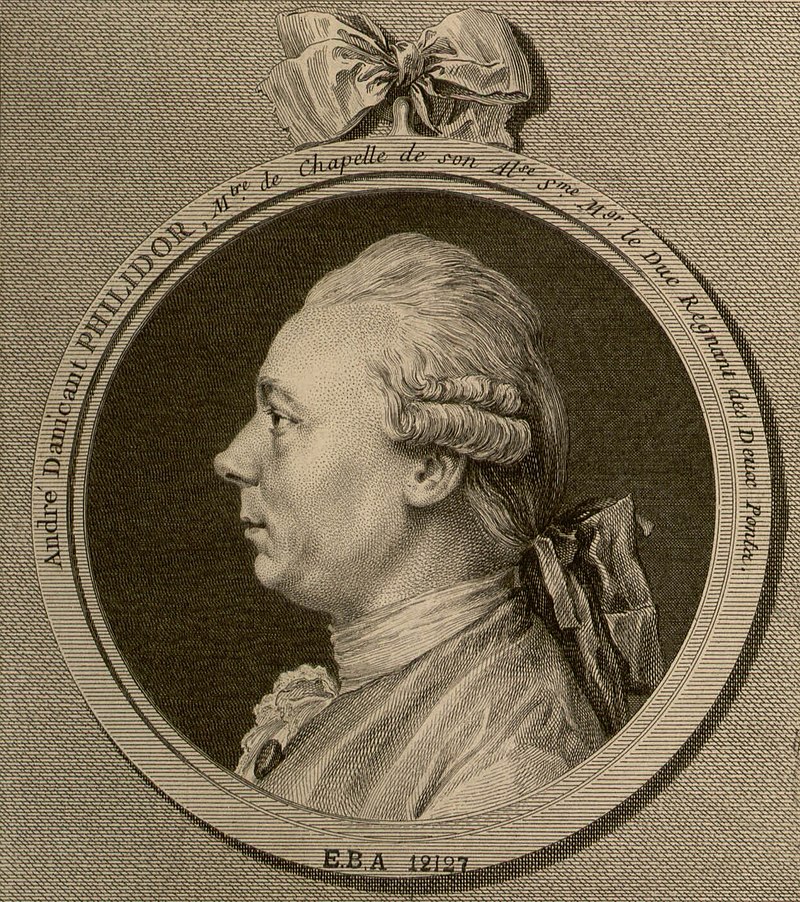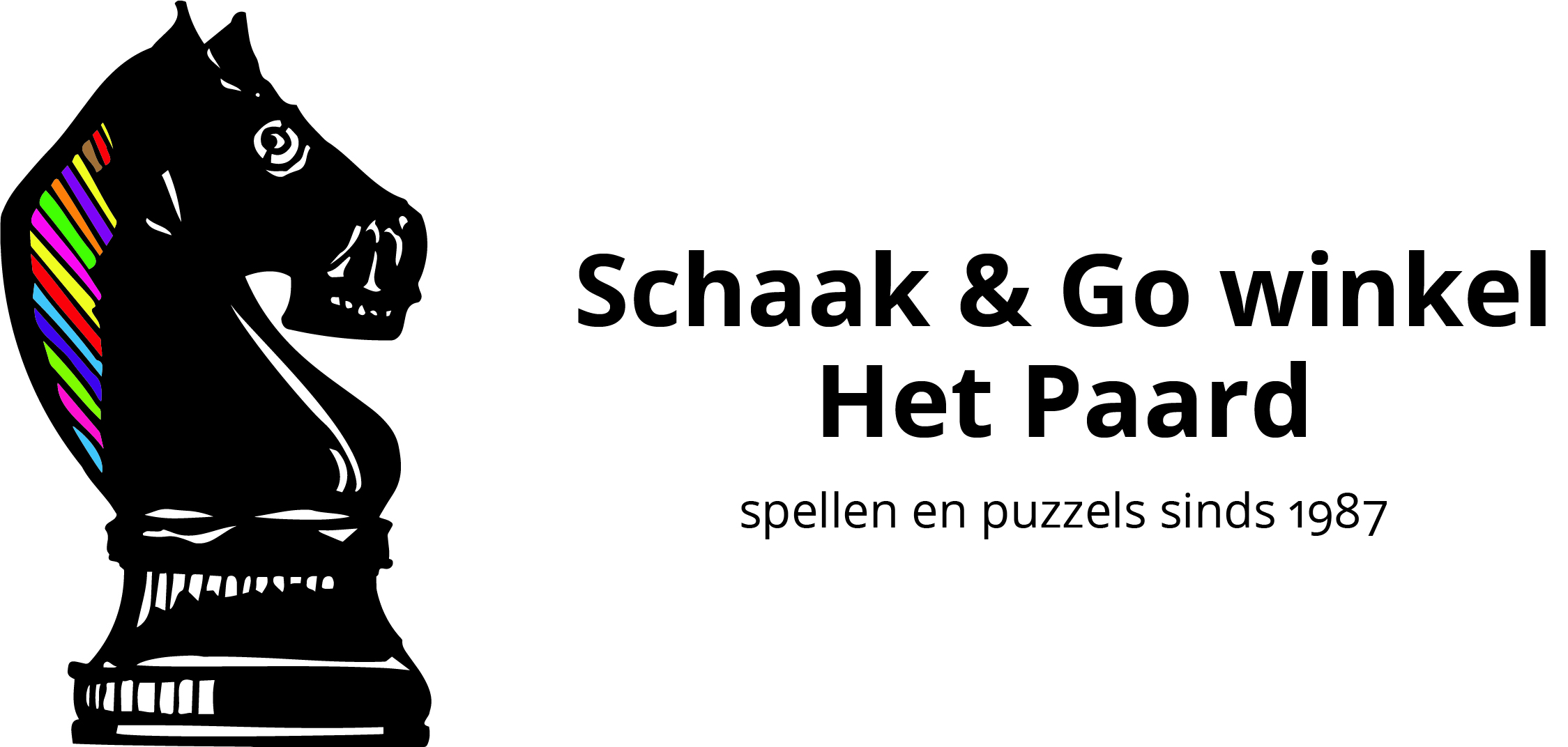Last summer there were plenty of Dutch tournaments to choose from. Some examples are the ONK Dieren, Leidenchess, Science Park Amsterdam (SPA) and Vlissingen. As with any major tournament, there are multiple groups and events of several days, such as four-event competitions or compact groups of six rounds.
Last year I participated in SPA – and won unexpectedly – but because the student tournament was cancelled this year and I couldn’t go for a norm, I decided to give my hometown Leiden a chance. The minimum ELO limit for the Leiden Chess Tournament was initially 2000, but due to a limited number of participants it was lowered to 1900. Not much for the lower limit of the highest group – which also includes IMs and GMs – but at least the organization had notified this in advance.
In the fourth round I played against a youth player with a ELO of less than 1800. Of course I wasn’t pleased with this: I can only lose and it does not increase the chances of acquiring a norm either. The game I won, but ELO no.
The rest of the tournament did not go well. Of course this is already bothering and nobody’s fault except mine, but I could at least do some damage control with beating an opponent of 1900-2000. It wasn’t supposed to be like that however, because my last round’s opponent was a youth player with an ELO of 1684, who got a bye in the first round.
This was not a once-only experience. The last time I played in Dieren, somewhere halfway the tournament I met an apponent whose ELO was around 2050. He was not a youth player, so the limit for him was 2100 and therefore shouldn’t have been allowed to play in that group in the first place. In the final round my opponent was a youth player who’s ELO also was below the lower limit. This symptom of the Dutch tolerance mentality can be found at many major tournaments. This also means that you are considered a nag just for telling people the way it is and not mincing one’s words.
I remember about ten years ago I wanted to play in the open group in Dieren, but my rating was too low. My trainer had requested dispensation at the time, but the organization insisted that admitting me would be against the tournament’s policy. Not what you hope for, but it is obvious and luckily I was able to participate the following year.
Both in Dieren and in Leiden I refused to play the last game. Of course, it is not nice to my opponent, but you have to draw a line somewhere and at some point you’re just done with it. Few people thanked me for that, but everyone has their principles which are less popular.
When I stated in an angry e-mail that it’s the tournament organization’s main task to formulate and enforce the rules, they answered that one complaint was insufficient to deviate from their policy. After all, the coaches of these youth players had requested dispensation, although it had not occurred to anyone to reject these requests. Apparently my arguments aren’t valid just because I’m the only one who is using them. Unfortunately, the millennial mentality of making everybody happy has now gotten through the cigar rooms of the elderly. If only I hadn’t ran down that stereotype in an earlier column …
Zyon Kollen
FM Zyon Kollen studies Middle Eastern Studies at the University of Leiden. He won the Amsterdam Science Park Tournament in 2018 and he hunts for a norm at the Chess Festival. The 24-year old Kollen speaks six languages fluently, e.g. Finnish, Swedish and Portuguese. He is also a chess trainer, chess set collector and builder, and he writes reviews on chess books. His columns will be published every day on the website around 12 o’clock.

